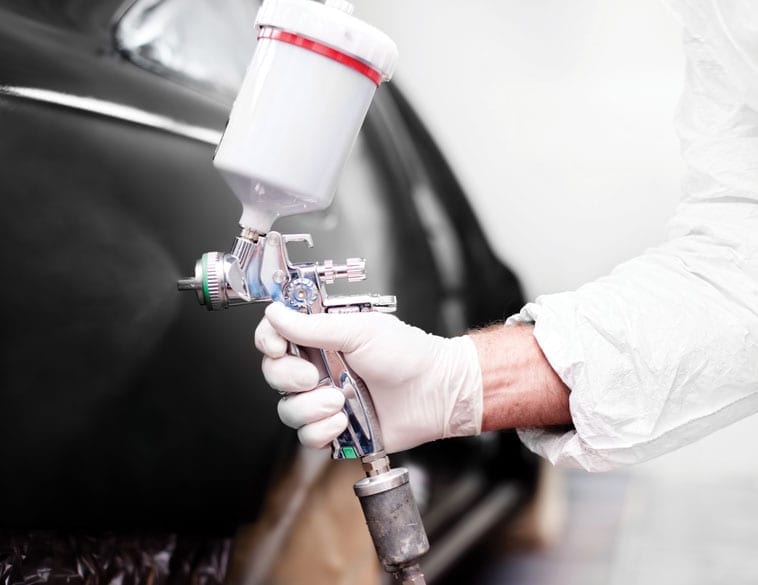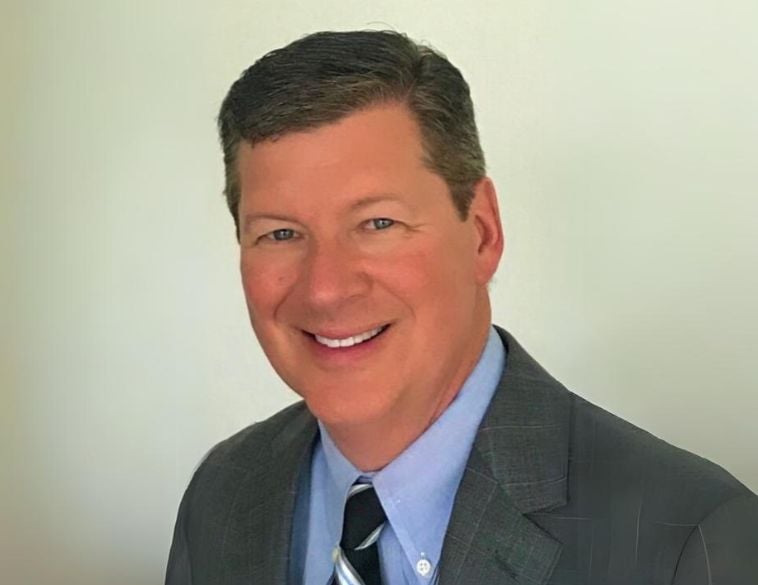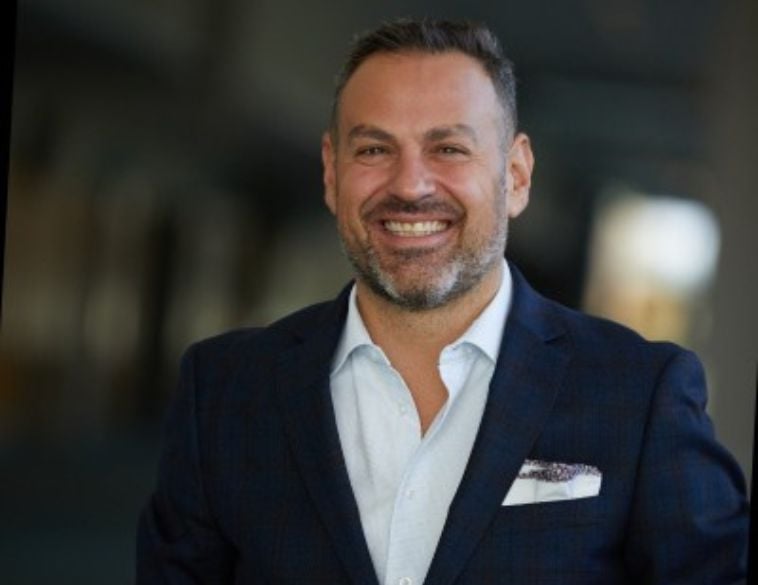The COVID-19 pandemic has put a damper on the Canadian Collision Industry Accreditation Program (CCIAP), which is expected to be back on track in the fall.
This program, which is promoted in Quebec with the support of the Corporation des carrossiers professionnels du Québec (CCPQ), allows workshops to receive recognition of excellence after meeting rigorous criteria for training and state-of-the-art equipment.
It aims to establish an occupational standard for this sector of the automotive aftermarket industry.
The pandemic, which forced the closure or significant reduction of activities in Quebec workshops, has, by the same token, put this program on ice. But during this particular period, AIA Canada, the creator of the program at the national level, relaxed the renewal rules for body shops already holding this accreditation.
These shops can renew their accreditation for one year through the CCIAP website https://cciap.ca/ and by paying their contribution, without having to obtain an audit validation.
Resumption in the fall
“For the workshops that are in the accreditation process, we hope to get our teams back on the road this fall,” says Jean-François Champagne, President of AIA Canada. “It must also be understood that for body shops across the country, the challenges presented by the pandemic and the gradual resumption of activities have pushed accreditation lower on their priority scale,” he continued.
At the time of writing, the CSMO-Auto team, in conjunction with representatives of the body shop networks in Quebec, was working to get the Quebec government to accept a training strategy under the Concerted Action Program for Maintaining Employment (PACME).
This initiative would allow body shop workers who are currently unable to return to work for lack of sufficient volumes of cars to be repaired to take I-CAR training while being subsidized by the provincial government.
According to Jean-François Champagne, this strategy will ultimately promote the resumption of PCAAC accreditation, since several workshops could take advantage of this training plan to upgrade their teams. With this recognition of the I-CAR program, obtaining accreditation is greatly simplified.



